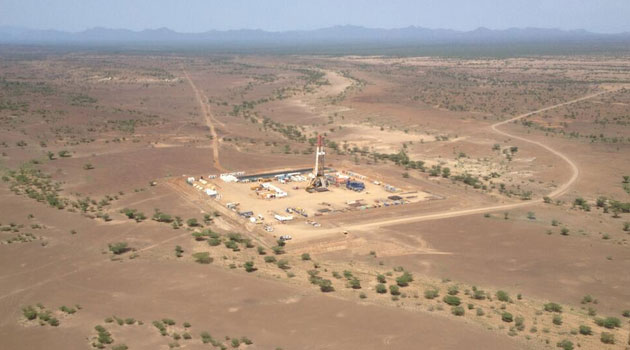NAIROBI, Kenya, Aug 21 – The Kenya Chamber of Mines now says the delay in carrying out an airborne survey to map up out the potential for minerals in the country is inhibiting the growth of the sector.
The Kenya Chamber of Mines Chairman Adiel Gitari says the government needs to allocate the money required for the airborne survey.
He says the country has been receiving numerous interests from foreign investors and has the potential to increase foreign direct investments significantly but lack of information is limiting inflows.
“The only way to know the potential of the industry in the country is by carrying out an airborne survey to map out where these minerals are and their potential. The government has partnered with the Chinese Government to do the airborne survey; it’s a good start towards mapping the resources but has not put any resources towards the same hence nothing has been done yet,” Gitari said in an interview with Capital FM Business.
Gitari is also citing Insecurity as a major setback to exploration in the country especially in West Pokot, Turkana, Marsabit and Samburu which have prospects for minerals.
“We are in talks with the Inspector General of Police Joseph Boinnet to address security challenges in these areas that includes adding police units to see insecurity is mopped up and safeguard equipment and personnel used by exploration firms,” said Gitari.
Infrastructure in these areas Gitari says is also wanting and inhibiting any prospecting investors as companies have to deal with bad roads and lack of electricity and water in these areas.
“The government needs to heavily invest in infrastructure, as lack of it makes exploration in the country unattractive and uncompetitive,” he adds.
The Kenya Mining Investment Handbook 2015 published by the Ministry of Mining shows that the country has gemstones, gold, titanium, gypsum, iron ore, limestone, diatomite, vermiculite and manganese among other minerals.
“Kenya is an exploration destination termed as the new frontier. However from the activities of various investors, there is good exploration projects going on, which in the next five to 10 years might lead to one or two mines. Mining is long term, capital extensive and risky,” Gitari explains.
According to the latest statistics from the Kenya National Bureau of Statistics (KNBS), total mineral production rose by 16.7 percent from 1,515.1 thousand tonnes in 2013 to 1,767.5 thousand tonnes in 2014attributable to the commencement in production of Titanium ore compromising Illmenite, Rutile and Zircon minerals which offsets declines in production of most of other minerals.
Most minerals except fluorspar and salt recorded declines in 2014.
The overall value of mineral production rose by 6.1 percent to stand at Sh20.9 billion in 2014 from Sh19.8 billion.
“Investors are waiting for the Mining Bill, which is in the National Assembly, for a new regulatory framework, once enacted, is expected to make the country an attractive investment destination,” Gitari affirms.
He also reveals that the Kenya Chamber of Mines will also be representing energy private companies following the approval from its members.



































